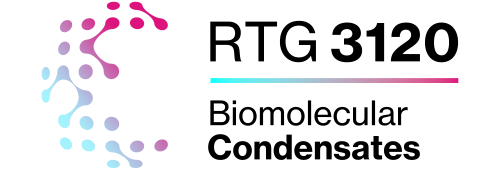Expertise
The Hyman group has made significant contributions to molecular and cell biology, particularly in understanding the mechanisms of cell division and cell compartmentalization. Perhaps the two most notable achievements include utilizing RNA interference to map various cytoplasmic processes1 and discovering that compartments in cells can form via phase separation2. Their expansive body of work has also illuminated fundamental interworking of protein complexes and cellular structures like the mitotic spindle, centrioles, and P granules3,4. Currently, their research is aimed at exploring how phase separation of intrinsically disordered proteins may drive neurodegenerative diseases including ALS.
References:
-
Kittler, Hyman et al. RNA interference rescue by bacterial artificial chromosome transgenesis in mammalian tissue culture cells. Proc Natl Acad Sci U S A. 2005;102(7):2396-2401. https://doi.org/10.1073/pnas.0409861102
-
Brangwynne, Hyman et al. Germline P granules are liquid droplets that localize by controlled dissolution/condensation. Science. 2009;324(5935):1729-1732. https://doi.org/10.1126/science.1172046
-
Hyman et al. Liquid-Liquid Phase Separation in Biology. Annu Rev Cell Dev Biol. 2014;30(1):39-58. https://doi.org/10.1146/annurev-cellbio-100913-013325
-
Banani, Hyman et al. Biomolecular condensates: organizers of cellular biochemistry. Nat Rev Mol Cell Biol. 2017;18(5):285-298. https://doi.org/10.1038/nrm.2017.7

